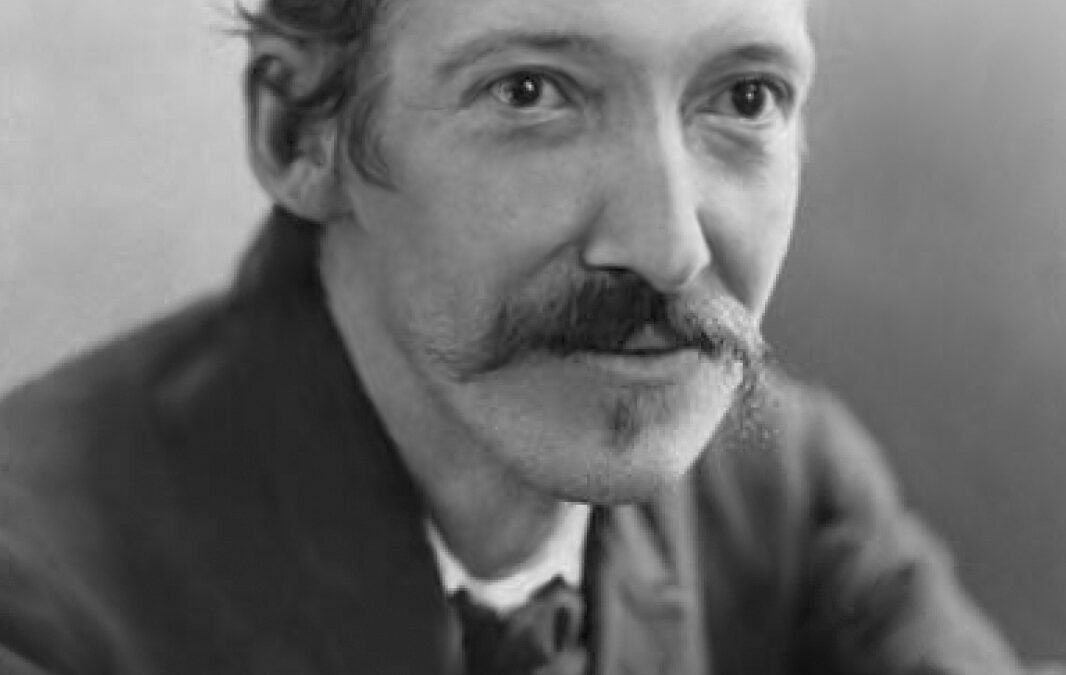 Stevenson’s picnics are squibs embedded in Essays of Travel: Essays in the Art of Writing. “An Autumn Effect” is memorable for the phrase “the spirit of picnic.” “The fields were busy with people ploughing and sowing, ”...
Stevenson’s picnics are squibs embedded in Essays of Travel: Essays in the Art of Writing. “An Autumn Effect” is memorable for the phrase “the spirit of picnic.” “The fields were busy with people ploughing and sowing, ”...
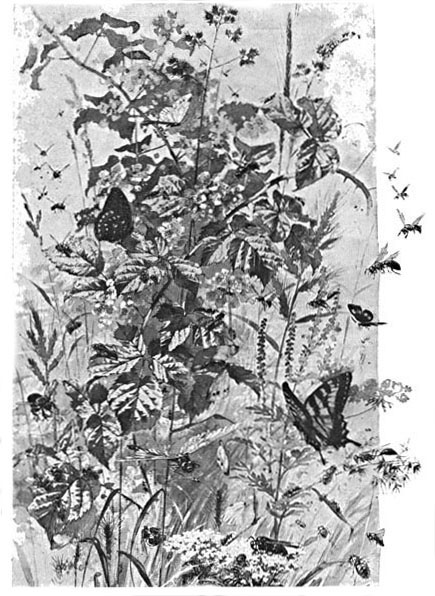 Gibson, nature writer and artist of the 1890s, describes the nature of things in “Honey Dew Picnic” from My Studio Neighbors (1897) is, a humorous essay about the feeding frenzy of insects in a forest. He says that while he never actually witnessed the...
Chief among James’s observations of Derby Day at Epsom is his astonishment at the picnicking on the carriage tops. It was a sight of madness. “The crowd was very animated; that is the most succinct description I can give of it. The horses of course had...
Gibson, nature writer and artist of the 1890s, describes the nature of things in “Honey Dew Picnic” from My Studio Neighbors (1897) is, a humorous essay about the feeding frenzy of insects in a forest. He says that while he never actually witnessed the...
Chief among James’s observations of Derby Day at Epsom is his astonishment at the picnicking on the carriage tops. It was a sight of madness. “The crowd was very animated; that is the most succinct description I can give of it. The horses of course had...
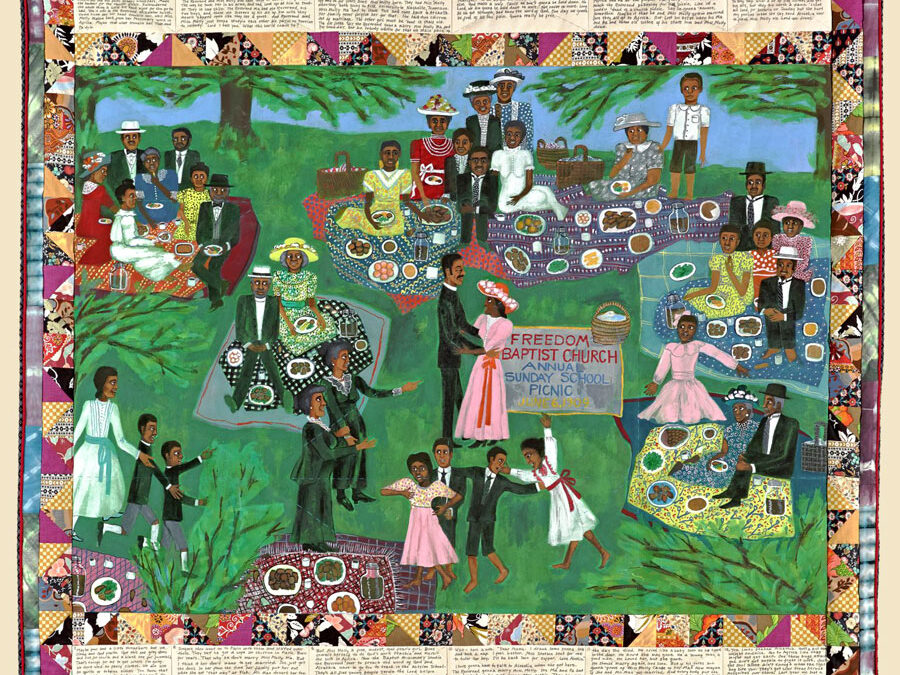 Washington’s “all day meeting” is also known as “dinner on the grounds.” It agrees with versions of meetings by William A. Clary, Edna Lewis, Bebe Meaders and maya Angelou. I’ve cited Washington’s whole passage because...
Washington’s “all day meeting” is also known as “dinner on the grounds.” It agrees with versions of meetings by William A. Clary, Edna Lewis, Bebe Meaders and maya Angelou. I’ve cited Washington’s whole passage because...
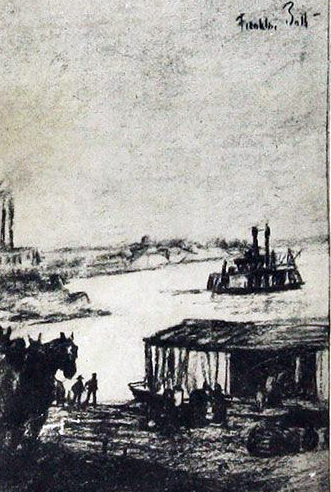 “The Piety And Eggs Of Paterson” is Dreiser’s version of a picnic gone wrong. It’s strategically placed at the start of A Hoosier Holiday because Dreiser meant it as a metaphor for what is to come and how his motor trip from New York to Terre...
“The Piety And Eggs Of Paterson” is Dreiser’s version of a picnic gone wrong. It’s strategically placed at the start of A Hoosier Holiday because Dreiser meant it as a metaphor for what is to come and how his motor trip from New York to Terre...
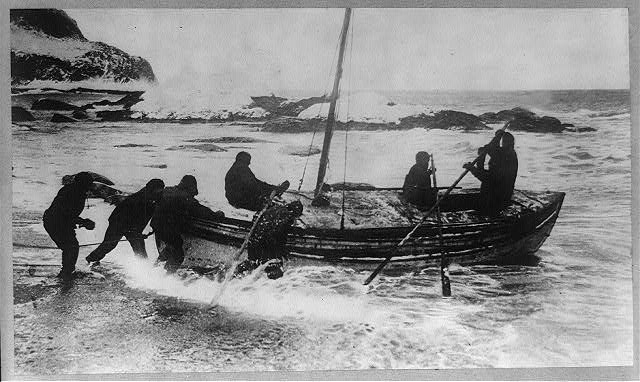 When Shackleton’s Endurance was crushed by October ice in Antarctica, he and five companions set out for South Georgia Island, 800 miles away, in some of the most stormy and cold ocean on Earth. Their boat was a whaler, James Caird, barely big enough for the men...
When Shackleton’s Endurance was crushed by October ice in Antarctica, he and five companions set out for South Georgia Island, 800 miles away, in some of the most stormy and cold ocean on Earth. Their boat was a whaler, James Caird, barely big enough for the men...
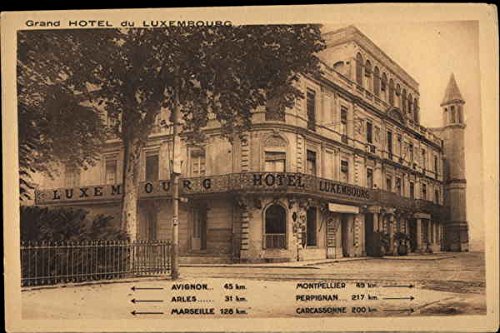 Memories are finicky; sometimes accurate, sometimes fuzzy, and sometimes fiction. Among some amusing memories of Stein and Toklas, there is some general mix-up regarding their picnic jaunts during 1917-1918 when they were living in Nimes and working for the American...
Memories are finicky; sometimes accurate, sometimes fuzzy, and sometimes fiction. Among some amusing memories of Stein and Toklas, there is some general mix-up regarding their picnic jaunts during 1917-1918 when they were living in Nimes and working for the American...
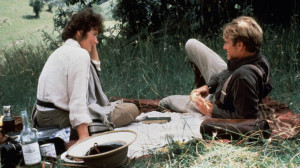 Blixen’s Out of Africa is a memoir without picnics. But Sidney Pollack and his screenwriter Kurt Luedke have added two picnic episodes that reveal Blixen’s characteristic vanity and romantic nature. See Isak Dinesen [Karen Blixen]. Out of Africa (New York:...
Blixen’s Out of Africa is a memoir without picnics. But Sidney Pollack and his screenwriter Kurt Luedke have added two picnic episodes that reveal Blixen’s characteristic vanity and romantic nature. See Isak Dinesen [Karen Blixen]. Out of Africa (New York:...
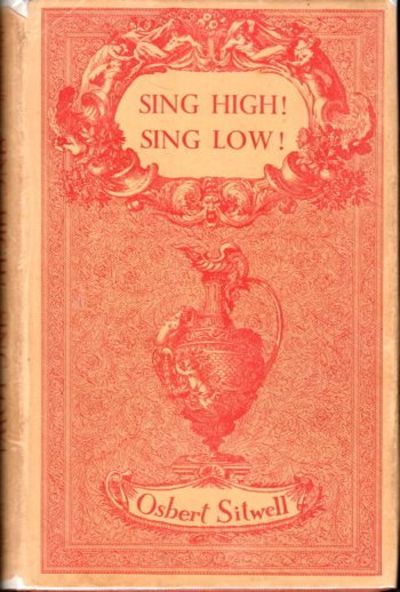 Sitwell considers picnic an ugly word. He starts the essay “Sing High! Sing Low!” without equivocating. Then, he finds picnics excellent opportunities to act as the noble savage in a controlled natural setting, a continuation of the perpetual picnic of Adam and Eve....
Sitwell considers picnic an ugly word. He starts the essay “Sing High! Sing Low!” without equivocating. Then, he finds picnics excellent opportunities to act as the noble savage in a controlled natural setting, a continuation of the perpetual picnic of Adam and Eve....
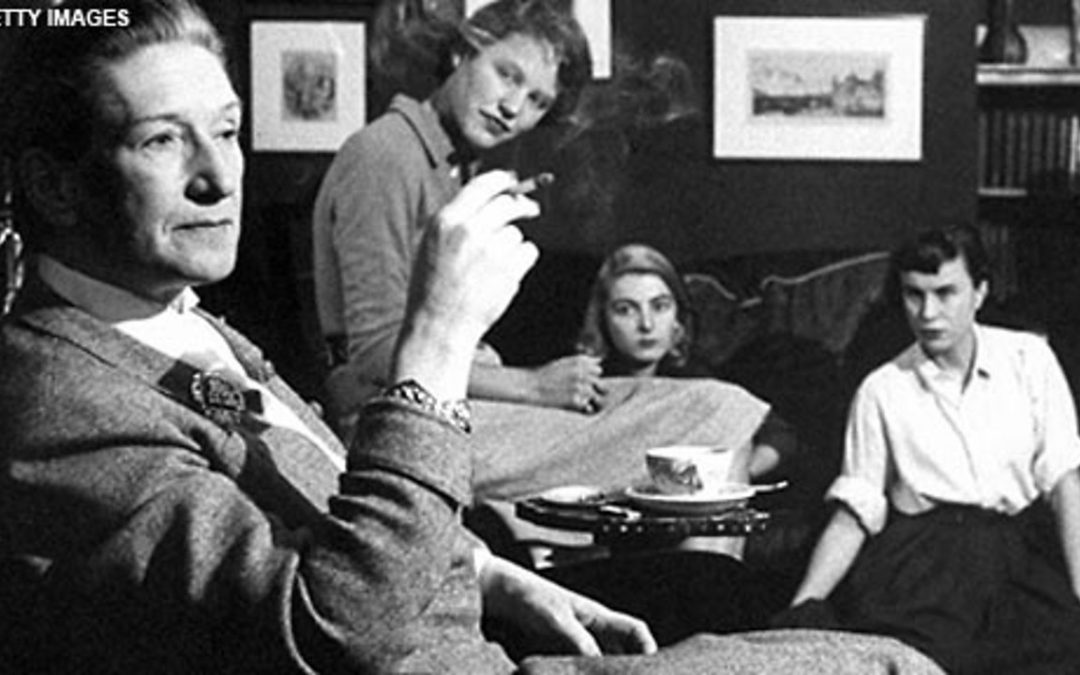 Bowen’s often quoted “it is futile to attempt a picnic in Eden” is a metaphor, usually taken out of context: “No, it is not only our fate but our business to lose innocence, and once we have lost that, it is futile to attempt a picnic in Eden. One kind of power to...
Bowen’s often quoted “it is futile to attempt a picnic in Eden” is a metaphor, usually taken out of context: “No, it is not only our fate but our business to lose innocence, and once we have lost that, it is futile to attempt a picnic in Eden. One kind of power to...










